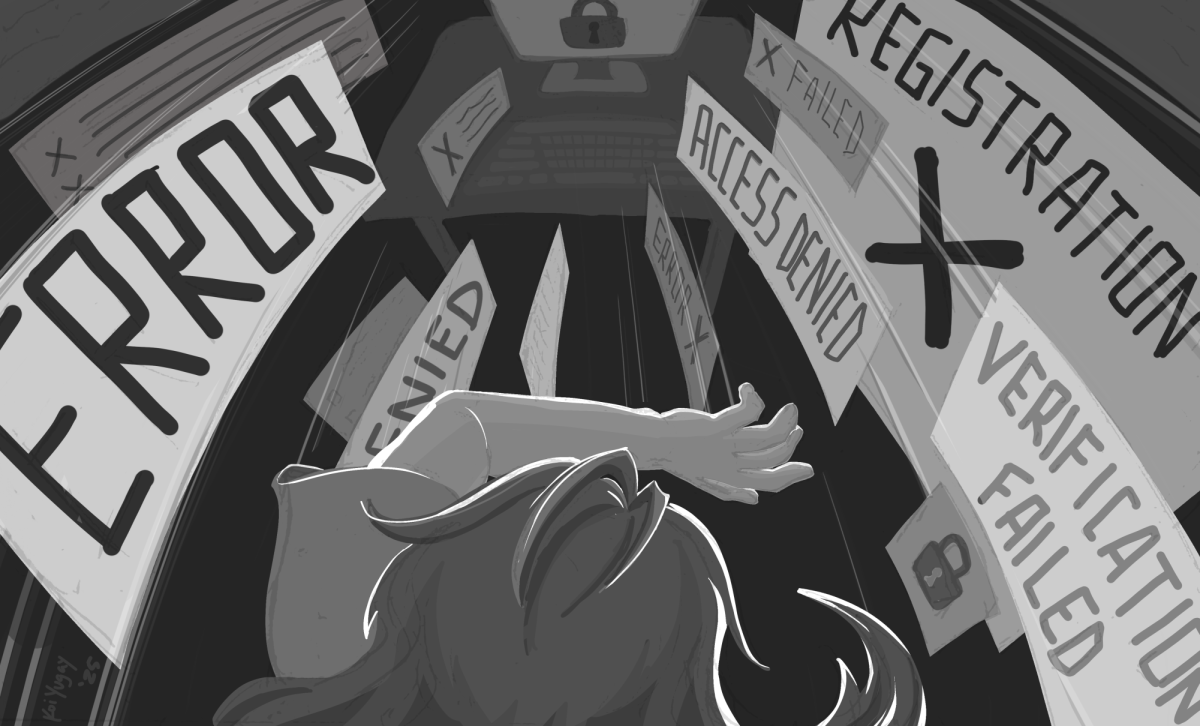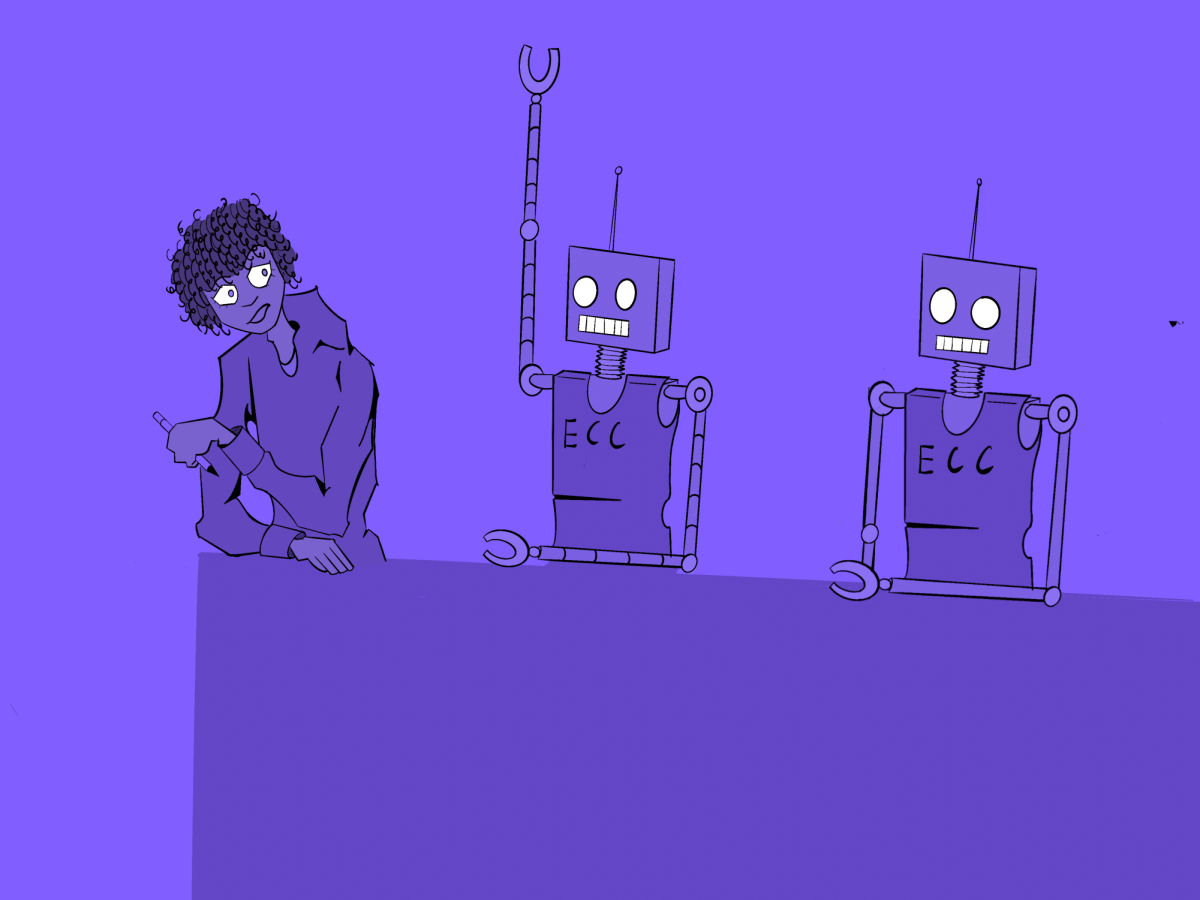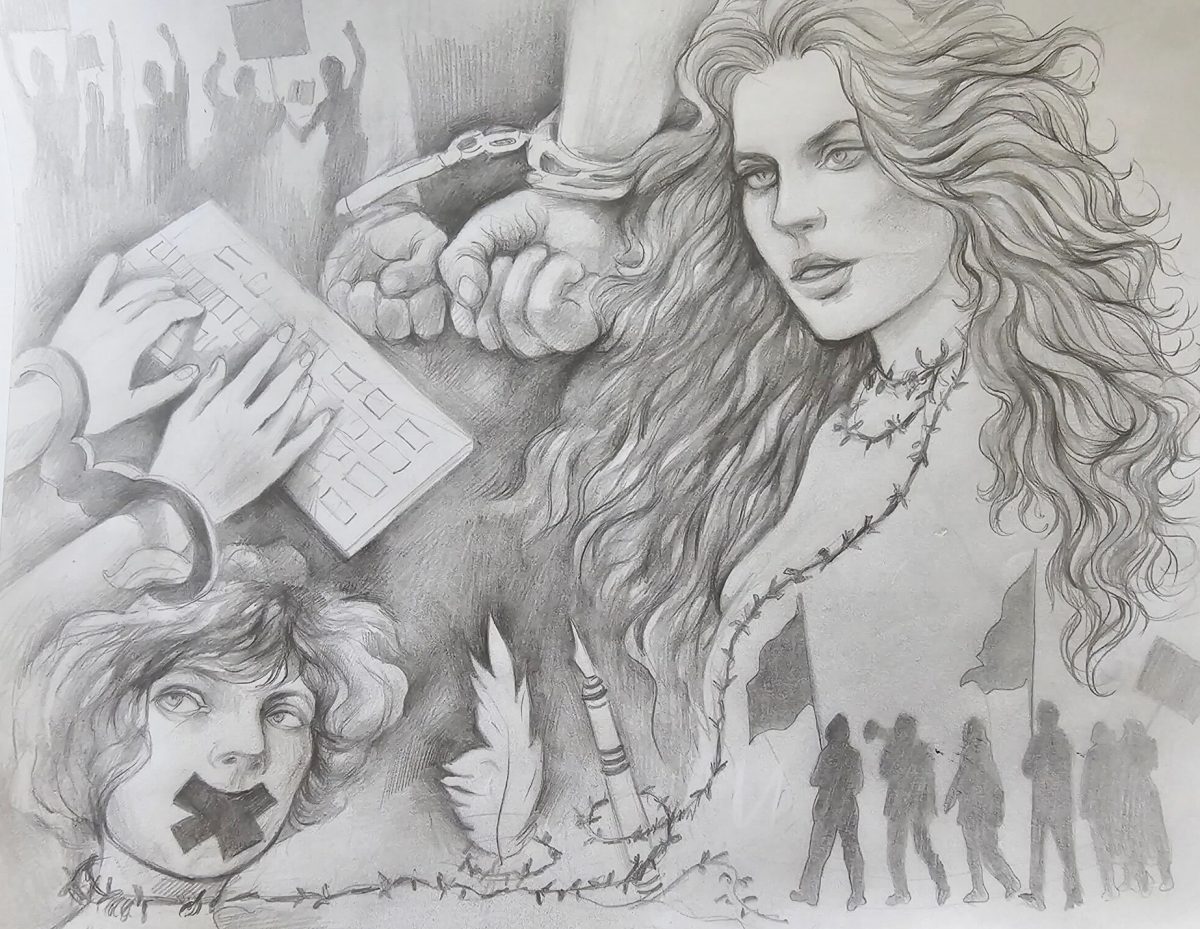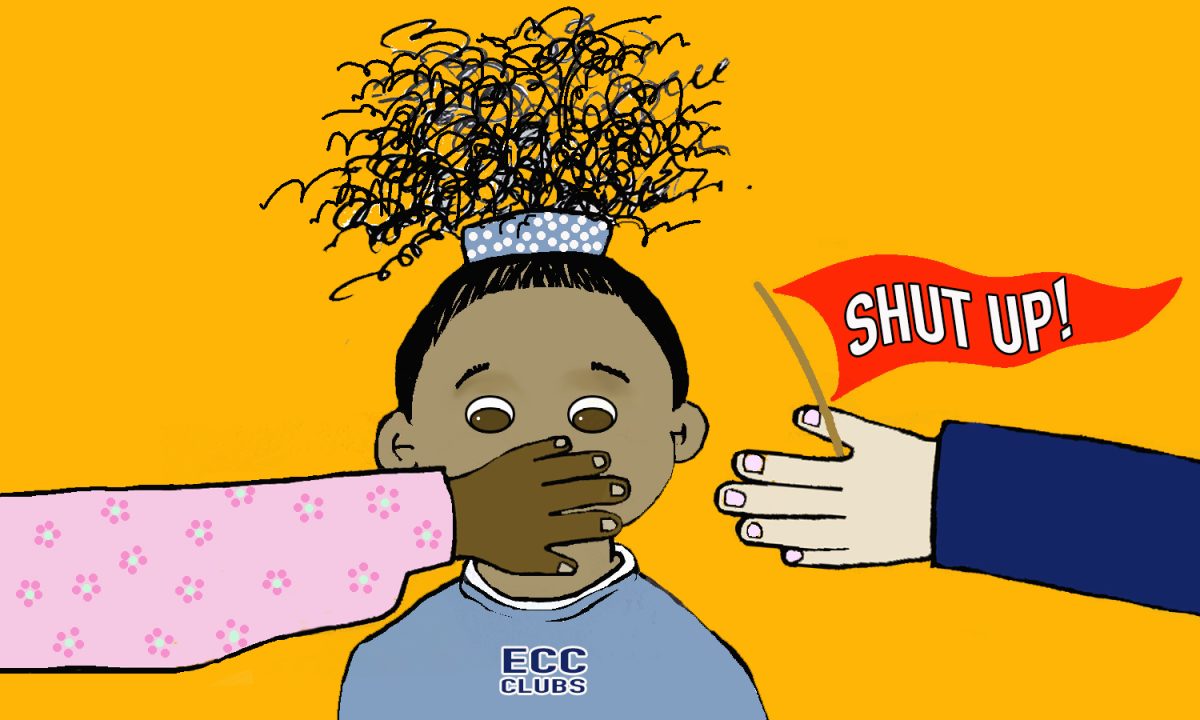After nearly 15 years of development and multiple versions of a script, the long-awaited “Batman v Superman: Dawn of Justice” has arrived, and its reception has gotten a lot of media attention due to the wide gap between the audience and critical reception.
According to RottenTomatoes.com, the superhero epic has received a generally negative rating of 29 percent from critics and 71 percent from audiences, with the critical consensus “‘Batman v Superman: Dawn of Justice’ smothers a potentially powerful story — and some of America’s most iconic superheroes — in a grim whirlwind of effects-driven action.”
While most moviegoers tend to trust the audience reviews in general, especially with comic book adaptations, but at some point you have to wonder who is truly correct: critics or general audiences?
In the case of who to trust with “Batman v. Superman,” the critics should reign victorious.
If you look at each main character’s respective film history, you’ll see the same general trend of declining reviews as more and more sequels to the original franchises continued, each with their fourth movie seeing the worst reviews for the characters (“Batman & Robin,” 11 percent; “Superman IV: The Quest for Peace,” 12 percent).
Each character saw attempts at rebooting their franchises, Superman seeing two while Batman saw one that lasted for the most successful trilogy for the character’s history. However, each Superman reboot saw struggling reviews from both sides of viewers, audiences finding the first to be dull and Brandon Routh to be a lackluster character, while the most recent starring Cavill was seen as being too dark and boring.
This same reception can be found with the latest “Batman v. Superman,” in which critics are finding an astonishing amount of problems with, and yet a majority of audiences are supporting it.
But are they really though? If you read many of the negative audience reviews on websites such as Rotten Tomatoes or Metacritic, many of the issues mentioned are the same as the ones found by critics: overlong and overstuffed plot, slow pacing and even darker tone than “Man of Steel.”
The problem with deciding between critics and audiences on these films is based on the viewer’s knowledge of the comics themselves. If little to nothing is known about the original comic’s storylines, it may be hard to find enjoyment compared to those who do know more about it.
“Batman v. Superman” was full of easter eggs and foreshadowing from various comic storylines from both characters, which loyal comic readers picked up on and grew anticipated for further DC Extended Universe films.
While this is certainly a pro of the movie, it’s also one of its biggest flaws. Because the writers tried to stuff so much into one movie, ranging from character introductions to villain foreshadowing to troubled pasts, the movie had too many setups to keep the narrative clear and focused.
While staying true to the comics is definitely important for these movies, it’s also important that non-comic viewers still understand what is happening and can get through the movie without having to ask so many questions that it takes away from their enjoyment.












